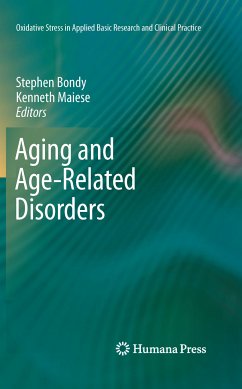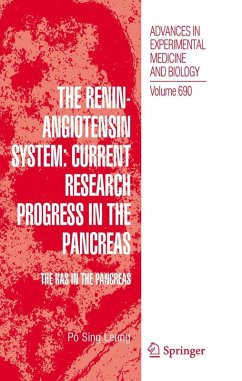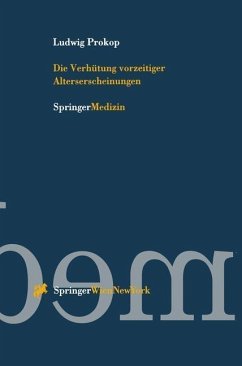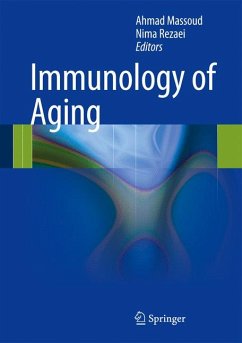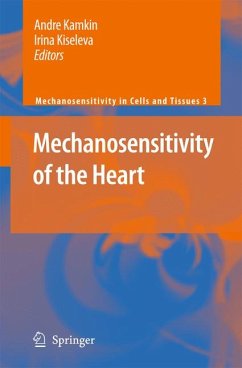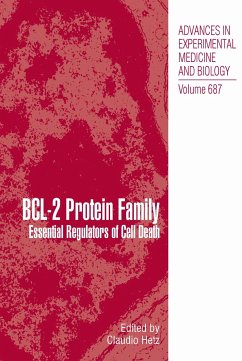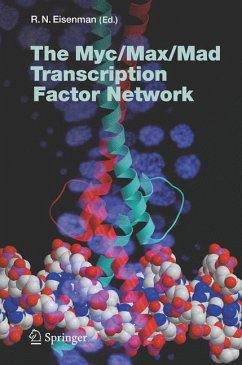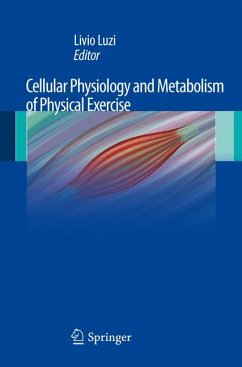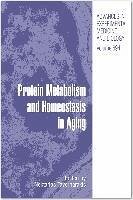
Protein Metabolism and Homeostasis in Aging (eBook, PDF)
Versandkostenfrei!
Sofort per Download lieferbar
112,95 €
inkl. MwSt.
Weitere Ausgaben:

PAYBACK Punkte
56 °P sammeln!
Aging is loosely defined as the accumulation of changes in an organism over time. At the cellular level such changes are distinct and multidimensional: DNA replication ceases, cells stop dividing, they become senescent and eventually die. DNA metabolism and chromosomal maintenance, together with protein metabolism are critical in the aging process. The focus of this book is on the role of protein metabolism and homeostasis in aging. An overview is provided of the current knowledge in the area, including protein synthesis, accuracy and repair, post-translational modifications, degradation and t...
Aging is loosely defined as the accumulation of changes in an organism over time. At the cellular level such changes are distinct and multidimensional: DNA replication ceases, cells stop dividing, they become senescent and eventually die. DNA metabolism and chromosomal maintenance, together with protein metabolism are critical in the aging process. The focus of this book is on the role of protein metabolism and homeostasis in aging. An overview is provided of the current knowledge in the area, including protein synthesis, accuracy and repair, post-translational modifications, degradation and turnover, and how they define and influence aging. The chapters mainly focus on well-characterised factors and pathways, but new areas are also presented, where associations with aging are just being elucidated by current experimental data. Protein turnover, the balance between protein synthesis and protein degradation are carefully maintained in healthy cells. Chapters 1 and 2 illustrate that aging cells are characterised by alterations in the rate, level and accuracy of protein synthesis compared to young ones, and that mRNA translation, essential for cell growth and survival, is controlled at multiple levels. The theory that growth and somatic maintenance are believed to be antagonistic processes is described in Chapter 3: inhibition of protein synthesis results in decreased rates of growth and development, but also confers an extension of lifespan, as shown for example by the effects of dietary restriction in various models organisms.
Dieser Download kann aus rechtlichen Gründen nur mit Rechnungsadresse in A, B, BG, CY, CZ, D, DK, EW, E, FIN, F, GR, HR, H, IRL, I, LT, L, LR, M, NL, PL, P, R, S, SLO, SK ausgeliefert werden.




